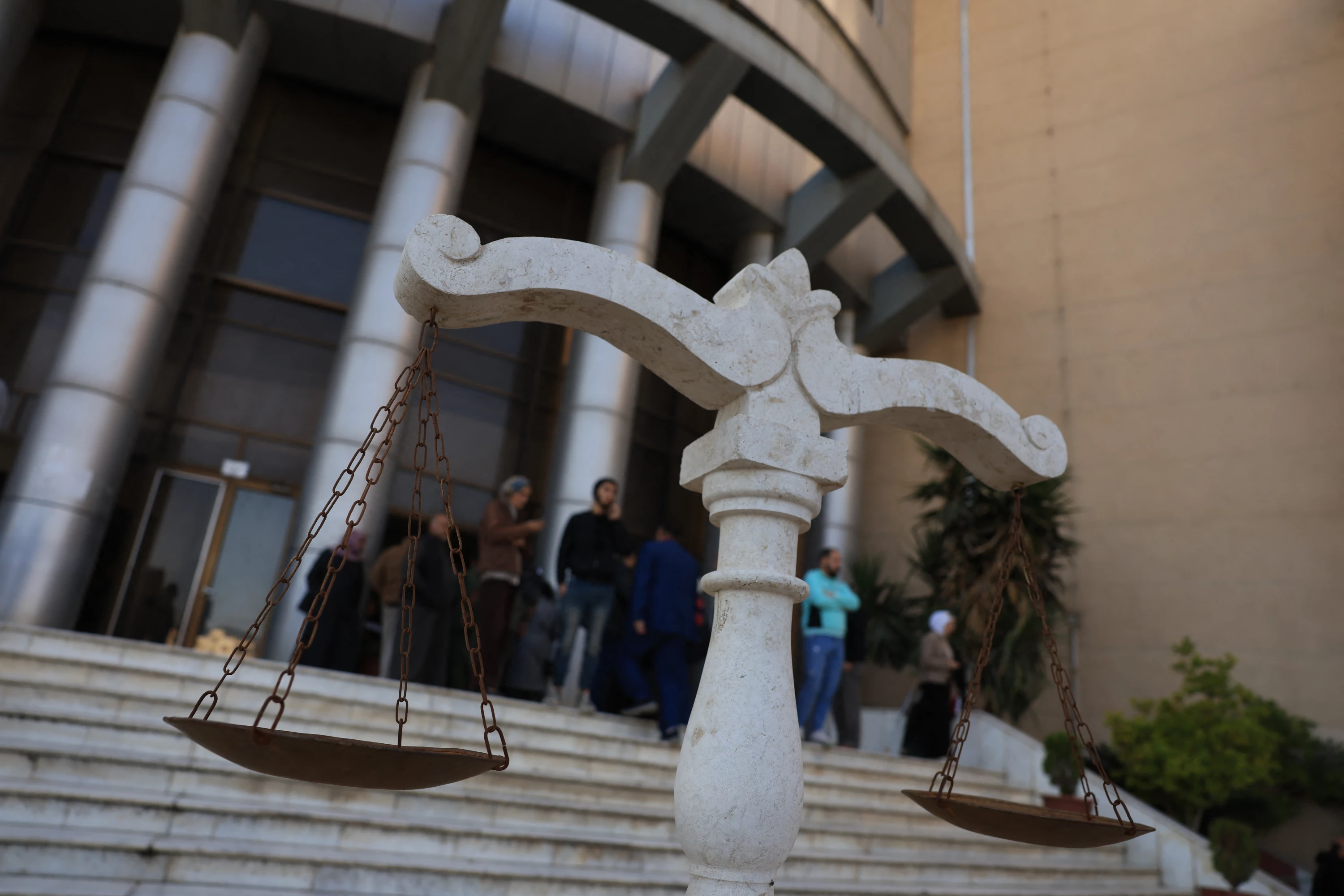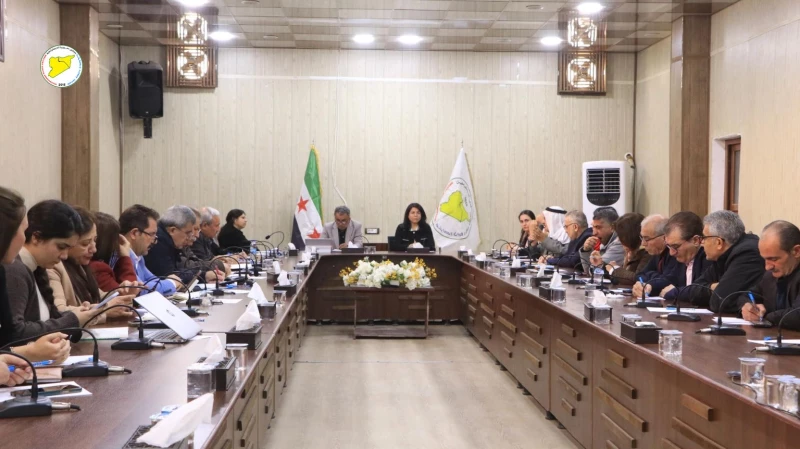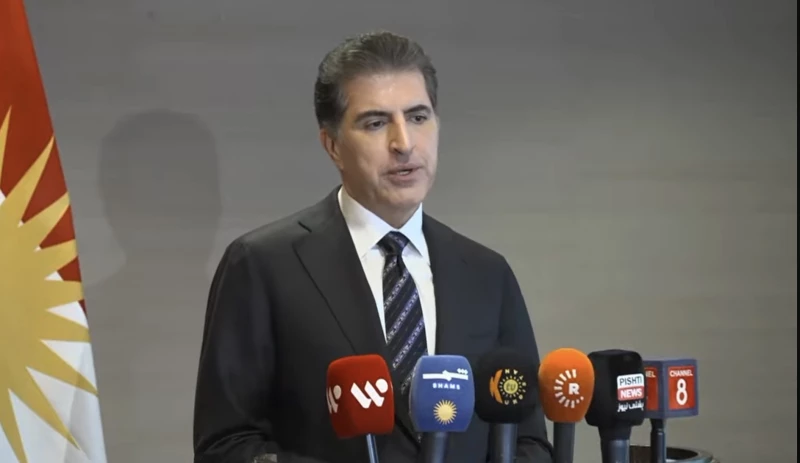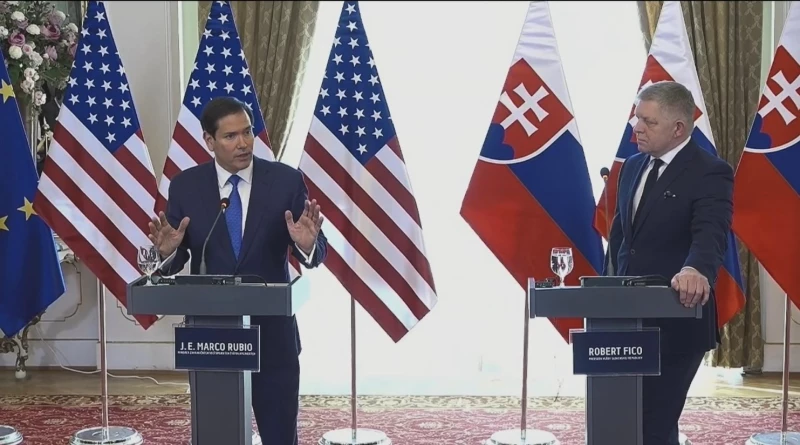ERBIL, Kurdistan Region of Iraq – Sheikh Ghazal Ghazal, a senior Syrian Alawite leader, on Monday accused the Damascus authorities of sectarianism and terrorism following an attack on Alawite-majority neighborhoods in the country, presenting federalism as a means to protect minority rights.
"Syria has become an arena for settling sectarian scores," Ghazal, head of the Supreme Alawite Islamic Council in Syria, said, referencing multiple episodes of bloodshed following the confessional upheaval in the country after the toppling of former Syrian leader Bashar al-Assad, himself an Alawite, by forces led by current President Ahmed al-Sharaa, previously a member of the Sunni extremist group al-Qaeda.
In March, violent clashes broke out between Syrian security forces and Assad loyalists along the western coast of Syria, killing at least 1,400 people, most of whom were Alawite civilians.
“[The Alawites] fell under the rule of a de facto, terrorist, takfiri, sectarian, and exclusionary authority,” despite entrusting “the legitimacy of the state” and giving up their weapons, Ghazal asserted in a speech.
The religious leader’s words came after an attack by the Sunni Bedouin tribe of Bani Kahlid on the Alawite-majority town of Zaidal in Syria’s Homs on Sunday, coming in the wake an allegedly sectarian murder of a couple belonging to the tribe, leading to heavy material damage and multiple injuries.
Inciteful religious slogans were reportedly written in blood at the crime scene, which triggered the subsequent altercation. The Syrian interior ministry’s spokesperson Nour al-Din al-Baba downplayed the sectarian element of the attack, asserting that “whoever wrote sectarian slogans wanted to cover up their crime and deflect suspicion from themselves by turning it into sectarian strife.”
Although Syrian security was promptly deployed to the area and brought the situation under control, footage circulated on social media depicting Syrian personnel alongside Bedouin fighters during the violence.
Several government officials also commended the “role of the tribes” in aiding the government agencies with their work.
“Our solutions are clear: federalism and political decentralization to guarantee our rights and yours, free from terrorism,” the Alawite leader added, echoing similar demands by minorities across the country.
The Kurdish and Druze political components have also called for a federal government system where all religious and ethnic groups are represented, a demand firmly rejected by the Damascus government that has maintained a centralized stance since its rise to power.
In mid-November, Syria held the first public trials for individuals accused of involvement in March’s deadly clashes in the Alawite-majority coastal areas following a state-led investigation into the events.



 Facebook
Facebook
 LinkedIn
LinkedIn
 Telegram
Telegram
 X
X


